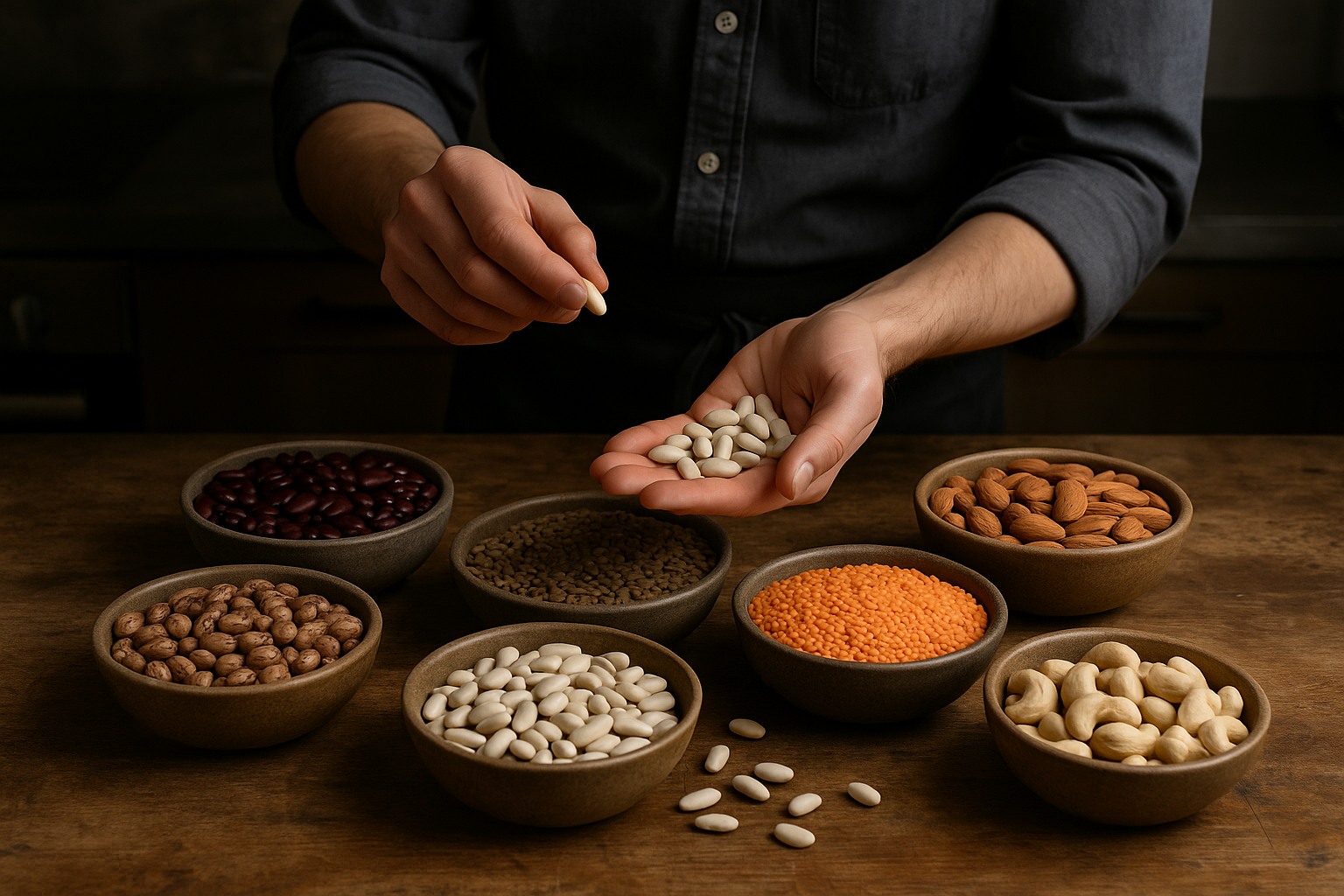Beyond Protein Powder: The Ultimate Guide to Plant-Based Nutrition
In recent years, the shift towards plant-based nutrition has gained significant momentum, transcending beyond the confines of veganism and vegetarianism to become a mainstream dietary choice. This movement is fueled by a growing awareness of the environmental impact of animal agriculture, health concerns associated with excessive meat consumption, and a desire for more sustainable living. Plant-based nutrition is not just about eliminating animal products; it's about embracing a diverse range of foods that provide essential nutrients in a sustainable manner. This guide delves into the intricacies of plant-based nutrition, exploring various aspects that extend far beyond the ubiquitous protein powder, offering a comprehensive understanding of how to optimize health and well-being through plant-based eating.
Understanding Plant-Based Proteins

While protein is often synonymous with animal products, the plant kingdom offers a rich array of protein sources that can meet dietary needs effectively. Legumes, such as lentils, chickpeas, and beans, are powerhouses of protein and fiber. Quinoa and amaranth, ancient grains, provide complete proteins, containing all nine essential amino acids. Nuts and seeds, including almonds, chia, and hemp, offer not only protein but also healthy fats and micronutrients. Understanding the amino acid profiles of these foods is crucial for constructing a balanced diet. Combining different plant proteins, such as rice and beans or hummus and whole grain bread, can ensure a complete amino acid intake, making plant-based proteins a viable and healthy alternative to animal proteins.
The Role of Fiber in Plant-Based Diets

Fiber is a cornerstone of plant-based diets, contributing to digestive health, weight management, and the prevention of chronic diseases. Unlike animal products, plants are abundant in dietary fiber, which aids in maintaining bowel health, lowering cholesterol levels, and controlling blood sugar. Soluble fiber, found in oats, apples, and carrots, dissolves in water to form a gel-like substance, helping to lower glucose levels and cholesterol. Insoluble fiber, present in whole grains and vegetables, adds bulk to the stool and aids in its passage through the digestive tract. The high fiber content in plant-based diets is linked to reduced risks of heart disease, type 2 diabetes, and certain cancers, highlighting its essential role in maintaining overall health.
